Tag: election administration
-
Maine lawmakers recall RCV expansion from Gov. Mills’ desk
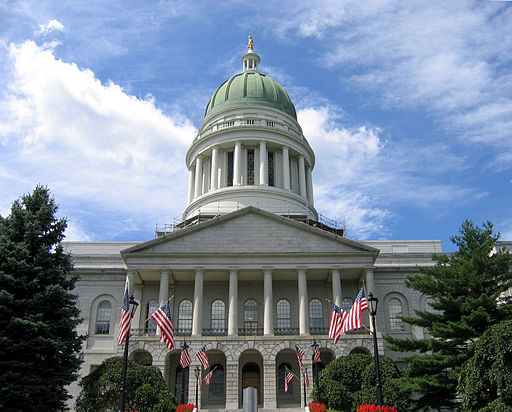
On June 25, 2025, both chambers of the Maine Legislature agreed by voice vote to recall LD 1666 from Gov. Janet Mills (D) desk and carry the bill over to the next special or regular legislative session. The bill would have expanded the state’s use of ranked-choice voting (RCV) to include general and special elections…
-
Wisconsin voters approve measure to add voter photo ID to state constitution
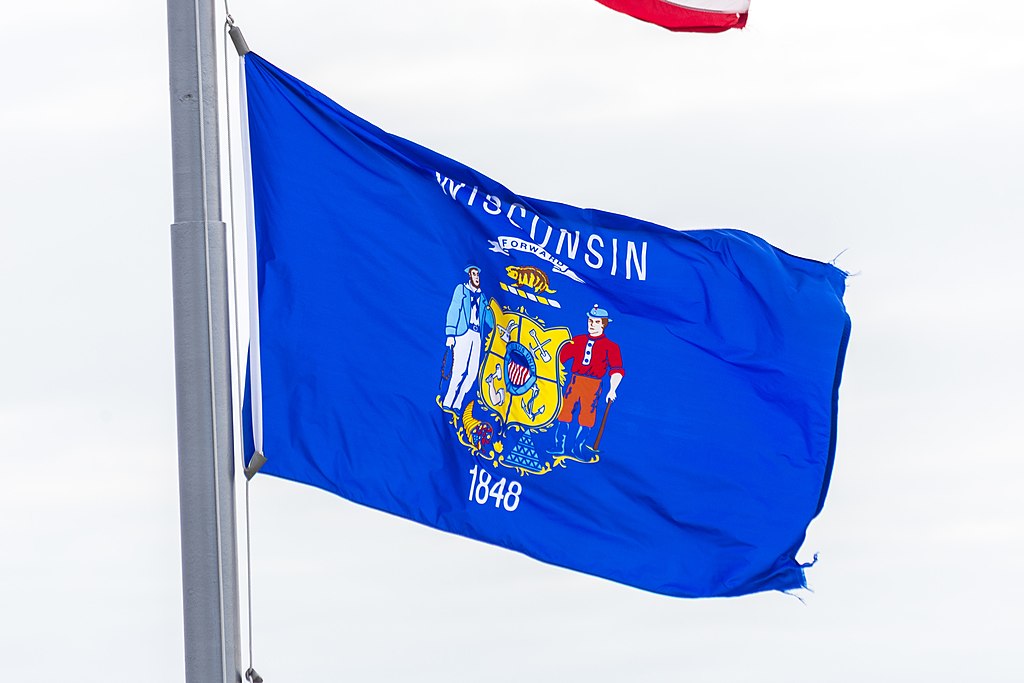
On April 1, Wisconsin voters approved a constitutional amendment to add voter photo ID to the state constitution. As of April 2, the margin was 62.74% to 37.26%. State law already requires photo ID to vote. By adding the requirement to the Wisconsin Constitution, Question 1 effectively raised the threshold to make changes to the…
-
South Dakota voters to decide on citizenship voting requirement amendment in 2026 after eight states approved similar measures in 2024
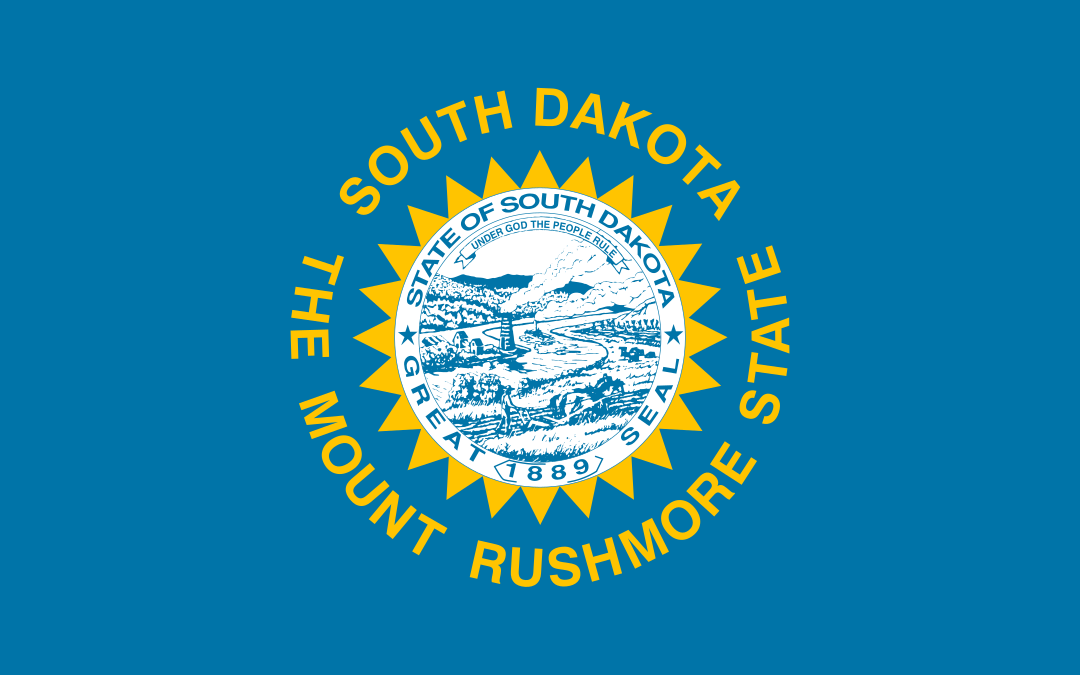
The South Dakota State Legislature voted to send a constitutional amendment to the 2026 ballot that would provide that noncitizens of the United States are disqualified from voting in any election in the state. This will be the 15th statewide ballot measure related to citizenship voting requirements since 2018. In 2024, eight states approved similar…
-
Republican-led election policy bills advance in Kansas legislative session
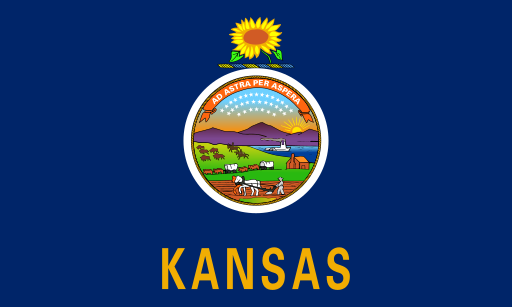
All but two state legislatures are currently convening their regular 2025 legislative sessions. Lawmakers in these states have already introduced more than 2,300 bills related to election administration this year. Among states where lawmakers have advanced election policy bills is Kansas. Kansas has a divided government and is one of two states, along with Kentucky,…
-
Idaho voters will decide on a ballot initiative for top-four primary and ranked-choice voting system in November
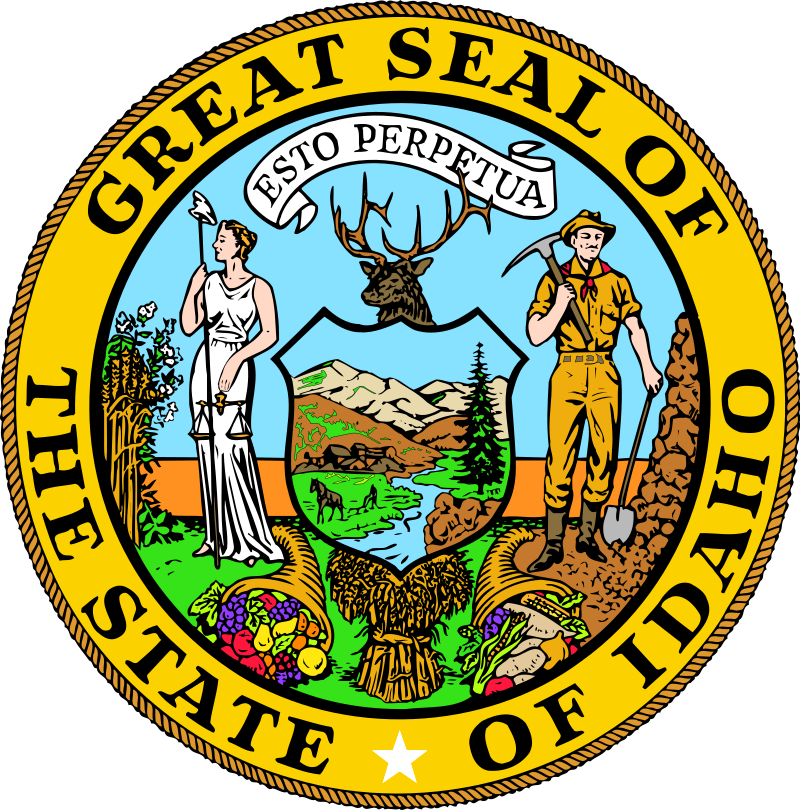
The Idaho Secretary of State announced on July 10 that a ballot initiative to establish top-four primaries and ranked-choice voting for general elections for congressional, statewide, and county elected offices qualified for the Nov. 2024 ballot. Currently, Idaho state law stipulates that political parties can determine for themselves who may participate in their primary elections. …
-
Tennessee has adopted the most new election laws in 2024

Tennessee lawmakers have adopted 36 election-related bills so far in 2024, the most of any state. Among the new election laws are changes to state voter roll maintenance procedures, an earlier absentee/mail-in ballot request deadline, and new rules for voter registration drives. Tennessee legislators also adopted the Uniform Faithful Presidential Electors Act which requires presidential…
-
Hawaii Governor Josh Green signs bill requiring application to ERIC
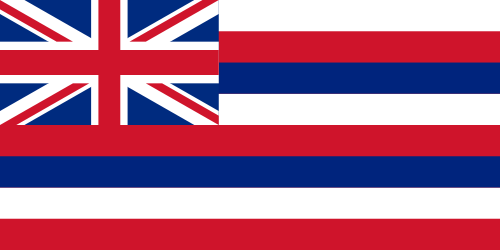
On July 5, 2024, Hawaii Governor Josh Green (D) signed Senate Bill 2240, requiring the state’s Office of Elections to apply to join the Electronic Registration Information Center (ERIC). The bill passed the Hawaii House of Representatives and State Senate unanimously on April 24. As of July 2024, 24 states and the District of Columbia were members of ERIC, a multi-state voter list maintenance…
-
Changes to voter registration and absentee/mail-in ballot counting are among new election laws in Georgia
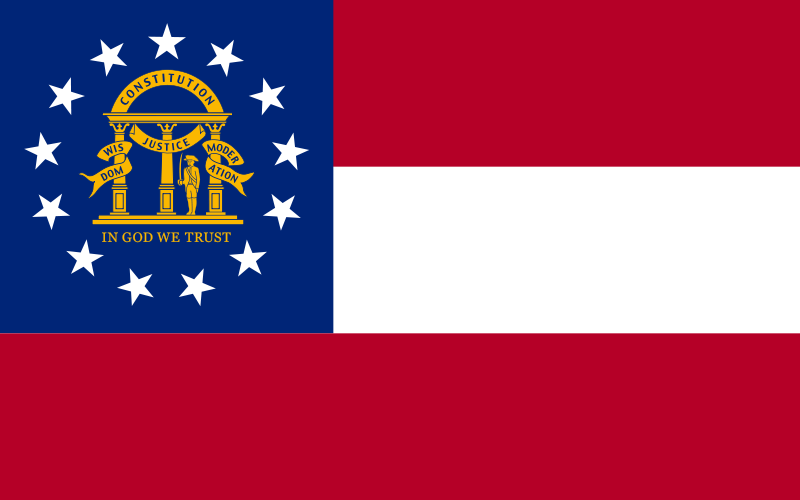
Legislators in Georgia adopted 33 new election laws related to elections this year, including changes to voter registration challenges and a new deadline for counting absentee/mail-in ballots. They also established new requirements for poll workers, rules for poll observers, and a new system for posting images of voted ballots: SB 189 is an omnibus elections bill…
-
Maryland was the most active Democratic state in terms of new election laws in the first half of 2024
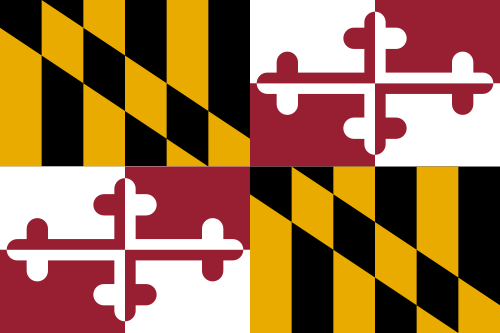
Maryland adopted 10 election-related bills in the first half of 2024, making it the most active state with a Democratic trifecta in terms of new election laws. Lawmakers adopted bills expanding protections for election officials, and created a portal intended to address election misinformation. They also adopted a new law modifying post-election canvassing procedures, including a process…
-
Colorado Governor Polis (D) signs election omnibus legislation including amendment related to ranked-choice voting
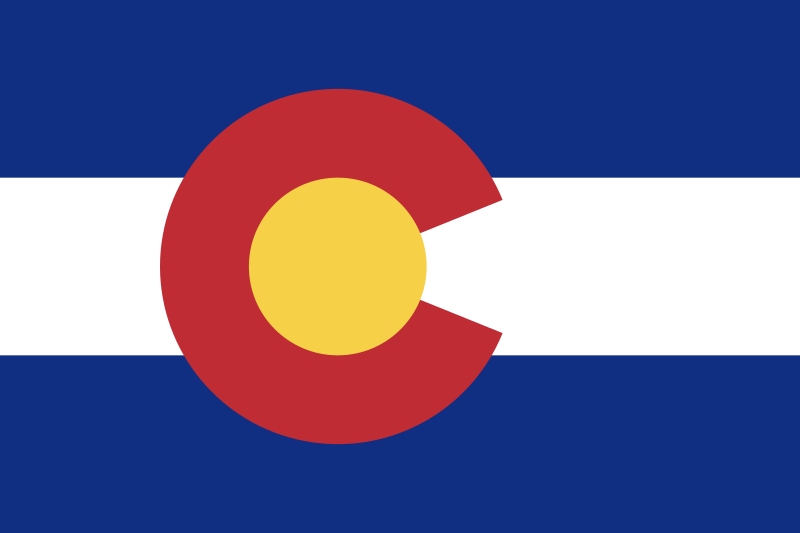
Colorado Governor Jared Polis (D) signed SB 210 into law on June 6, 2024. The omnibus elections bill makes changes to several areas of election law, including adding provisions to state law that would make it more difficult to adopt ranked-choice voting (RCV) in statewide elections. The bill lowers the age for voter preregistration from…

